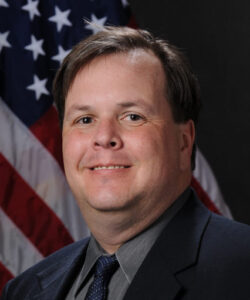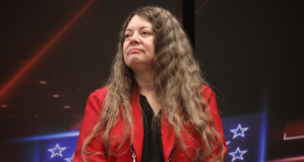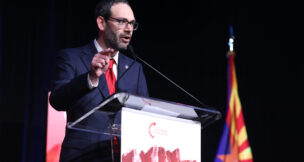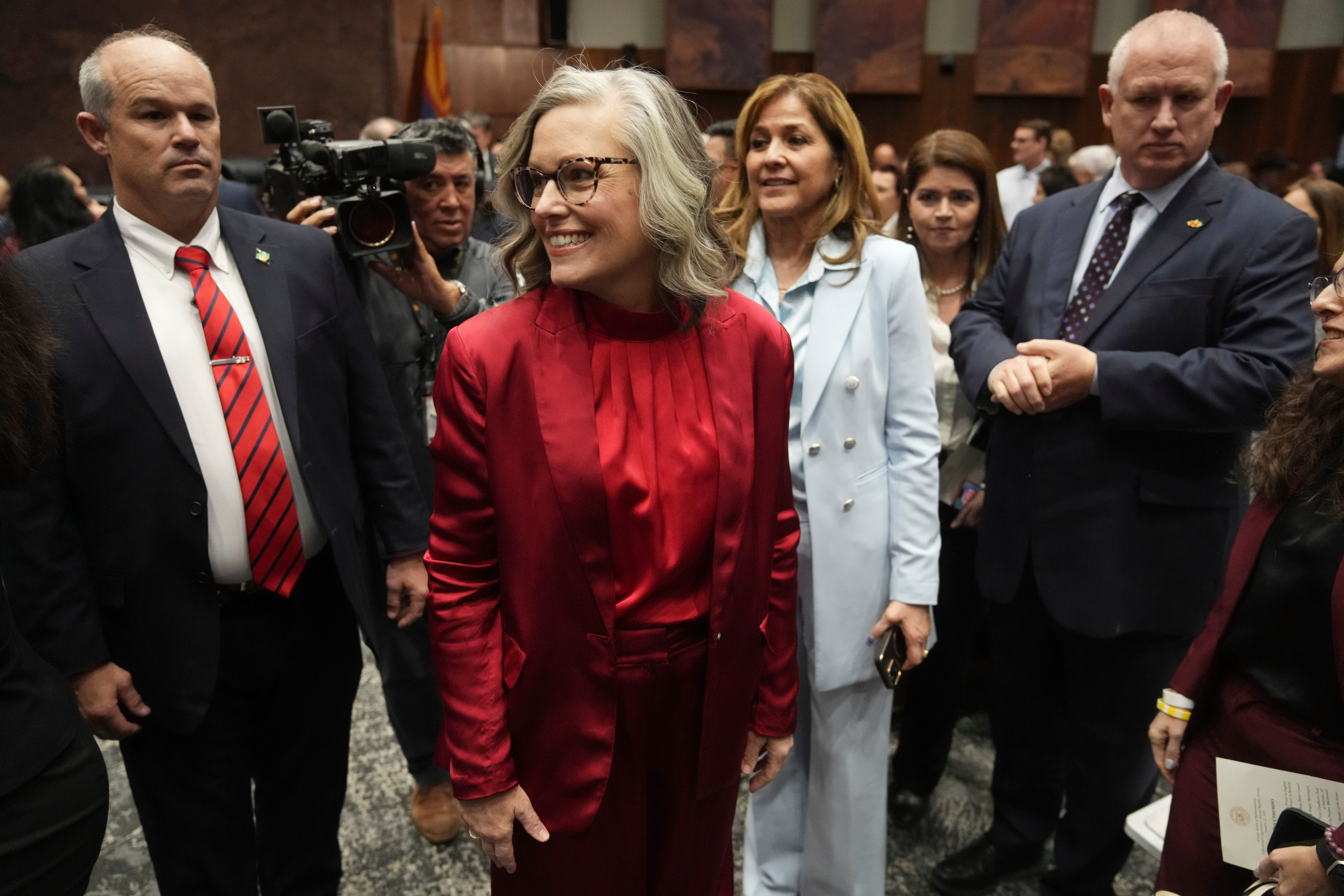Arizona’s two-tier legal licensing proposal undermines justice
Luis Santaella, Guest Commentary//September 5, 2025//
Arizona’s two-tier legal licensing proposal undermines justice
Luis Santaella, Guest Commentary//September 5, 2025//

Arizona is considering a radical shift in how it licenses criminal law practitioners. A proposal advanced by the Arizona Supreme Court’s administrative office would allow graduates of a one-year Master’s of Legal Studies (MLS) program to practice criminal law, including serving as prosecutors, after just nine months of supervised work. While the stated goal is to address attorney shortages in rural areas, the consequences of this proposal would be felt statewide, and they are deeply troubling.
Under the plan, Arizona would become the only state in the nation where someone could represent a defendant in a criminal case, from traffic violations to serious felonies, after completing only two semesters of legal education. These MLS graduates would be permitted to practice independently after a brief supervised period, handling all criminal matters short of capital cases. This is not a minor adjustment to legal education — it is a fundamental redefinition of what it means to be a lawyer in the criminal justice system.
The proposal’s supporters argue that Arizona is a “legal desert,” with one of the lowest ratios of lawyers per capita in the country. But the solution to that shortage should not be to lower the standards for those entrusted with safeguarding liberty and enforcing the law. Prosecutors wield enormous power. They decide whether to file charges, what charges to bring, and whether to offer plea deals — decisions that can permanently alter lives. Entrusting such authority to individuals without a full Juris Doctor (JD) is not only unprecedented but dangerous.
Critics from both sides of the courtroom agree. Dean Brault, director of Public Defense Services for Pima County, called the proposal “absurd,” noting that it reduces the bar for entry into criminal law at the very moment when a person’s liberty is at stake. “Creating a system where any criminal practitioner, be it a prosecutor or public defender, can graduate from undergrad and be practicing in two semesters is reducing that bar,” Brault said. Pima County Attorney Laura Conover echoed this concern, warning that the plan risks turning criminal law into “some kind of lesser cousin to the rest of the law.”
The proposal also raises serious constitutional and ethical concerns. The Sixth Amendment guarantees the right to effective assistance of counsel. Licensing attorneys with abbreviated training to handle criminal cases invites constitutional challenges and undermines the ethical foundation of the legal profession. It also risks creating a two-tiered justice system — one for those who can afford full representation, and another for those who cannot.
Perhaps most troubling is the contradiction at the heart of the proposal: under Arizona’s current system, a full JD is required to represent someone in a civil case where only money is at stake. Yet under this new plan, someone with far less training could prosecute or defend a person facing incarceration. This inversion of risk and qualification is indefensible. It sends the message that liberty is worth less than liability, and that criminal defendants — often the most vulnerable in our society — deserve less protection than litigants in financial disputes.
Rather than lowering the bar, Arizona should pursue sustainable solutions that expand access to justice while preserving professional standards. These include:
- Automatic bar admission for graduates of accredited Arizona law schools, subject to character and fitness review.
- Loan forgiveness and financial incentives for JD graduates who commit to serving in underserved areas.
- Rural fellowships that place recent law graduates under the supervision of experienced attorneys.
- Investment in remote representation infrastructure to connect qualified attorneys with rural clients.
- Expansion of supervised apprenticeship programs that maintain JD-level standards.
- Law school partnerships that create rural externships and legal clinics under faculty supervision.
Arizona’s legal system should not be restructured at the expense of its most vulnerable residents. The proposed licensing shortcut would not solve the problem of legal deserts — it would create new problems of unequal justice, prosecutorial overreach, and constitutional vulnerability. The state must invest in high-quality, long-term solutions that expand access to justice without compromising the rights of its citizens.
Luis Santaella is the interim city attorney of Scottsdale, Arizona.














































